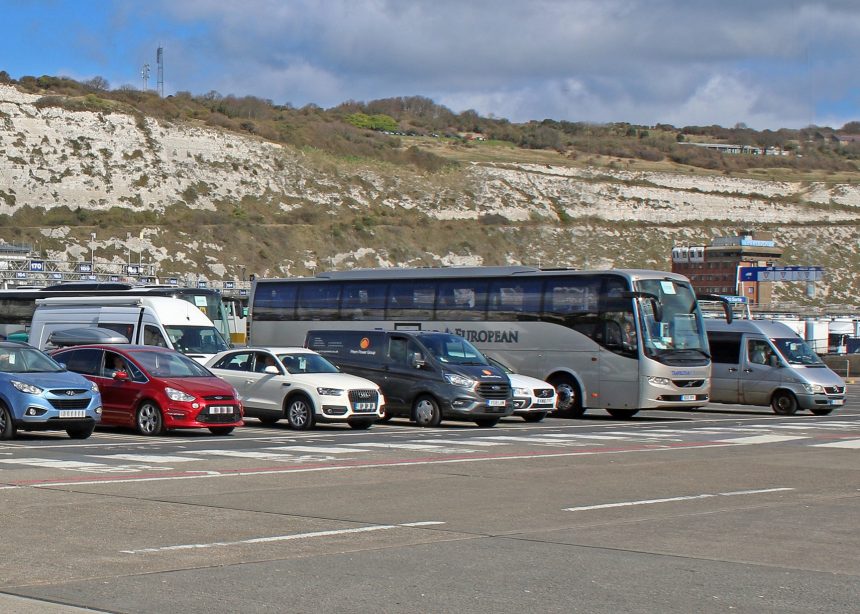The Schengen area EU Entry/Exit System (EES) for ‘third country’ visitors will commence operation in November in a move that, while unwelcome to coach operators that travel aboard, has long been in the ‘when’ pile rather than the ‘if’.
November is potentially a least-worst time for it to start. A worst-case scenario would have seen EES launch in a peak month for overseas coach travel, although few would bet against the system causing delays at the Port of Dover when that spike comes next spring.
A lack of information on whether the long-suggested app for advance collection of some of the mandatory biometric data will be ready for November remains curious. The EU has long said that EES will not be introduced until all member states declare readiness. If this mythical app is not ready, then nor are member states, including France.
Without the app, the likely outcome at Dover is even more troubling than if it was available. Unloading 50 passengers (or more) who will be unfamiliar with the EES process and its need for biometric data collection, waiting while they undergo that task, and then reboarding them, will be no 10-minute exercise. What of drivers’ hours and planning?
Meanwhile, up steps the government – two-and-a-half months before EES is due to go live – with £3.5 million to assist Dover in making the transition to the new regime. The port says that work to adapt is progressing well, although that is against a background of reclaiming land from the sea to provide sufficient space.
That the present government has come up with anything is surprising. Ministers’ tone in announcing the funding allocation towards EES readiness suggests that it was seen as a relative priority post-election.
How much difference the money will make between now and November is difficult to see. But one can hardly envy the Port of Dover; it has already dealt with other post-Brexit complications ahead of EES and saw some difficult reputational incidents in doing so.
That gateway, at least, seems to be doing what it can to mitigate the EES impact despite obvious space constraints from being adjacent to a large body of water.
An EU web page on EES claims that, once a ‘third country’ traveller has submitted biometric data, later border crossings will be more straightforward, and require no communication with border staff when a biometric passport is held, until it is time for the data to be collected again. How true that will prove to be in practice is easily questioned.
The initial period after rollout will likely be difficult for coach operators passing through Dover when exiting the UK. It must be hoped that the longer-term for the Entry/Exit System and its impact on the coach sector lives up to what the EU says.



























